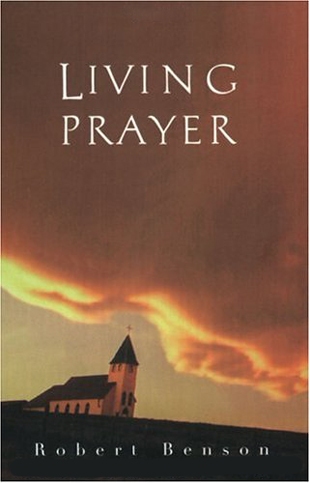"Oh, I am 'reading' a lot of other things. I live in a household that puts food on the table and supports its book habit based on what it knows about and who it knows within a certain corner of the literary world. Being a reader seems to be one of the things that goes with being a writer, though to be honest, I cannot say which of the two comes first, or which has been the most powerful in my life.
"But what I can say is that what I really am reading is one of those six writers. Or rather, they are reading me. Usually I read two of them at a time. During the course of a year, I read everything that particular one or two has written. If I finish their catalog before the year is up, then I just go back to the beginning and start again. When Christmas comes, I change writers.
"Annie Dillard says, 'A writer is careful what they read, because what they read is what they will know, and what they know is what they will write.' Which is another way to say that the old bromide was wrong — we are not what we eat; we are what we read.
"I know for a fact that there is an absolute and direct relationship between what I read and what I write. I also know that I cannot pray and I cannot be centered and I cannot do the work that has been given me to do whenever what I am reading is not conducive to such.
"I got hooked once on a set of murder mysteries. The good news is that I enjoyed them all immensely and I finished the entire set. The bad news is that there are seventeen of them. For months, I was reading stories about murder and deceit, about betrayal and abuse. (It was a little like reading Genesis, now that I think of it.) The whole time, I was wondering why it was that my spirit was so thirsty and my prayer was so dry. I was starving myself and wondering where my strength had gone.
"The Six Wise Guys are my teachers and my friends, my mentors and my companions. They write and think in ways that cut me to the core. They lift my spirits with their sense of poetry, make my eyes go blank in wonder at their use of the language. I think I know nearly everything about them and I suspect they know everything about me. I met one of them once and have yet to recover from the experience.
"Two of them are dead, the others are still writing. There are three pure novelists, one essayist, and two who write both fiction and nonfiction. They write books about journeys and conversations and dreams and prayers and hopes and fears. They write books about going away and coming home — books about God.
"They work and have worked as journalists, writers, poets, clergy, teachers, spies, lawyers, and monks. There are two Catholics, two Anglicans, a Presbyterian, and an Undeclared. Their names for God are different, their writing is not like anyone else's, including each other's, and they tend to avoid the discussion of theology as though it were the plague. Four of them would not admit to having written any theology at all. But they are the best theologians I have ever read.
"They have led me, dragged me, tricked me, surprised me, and carried me toward God and myself for years now. If I ever find either one, it will be their fault. They are the ones toward whom and by whom I am drawn in the direction of the Mystery to which I am headed — though drawn and quartered is how they make me feel sometimes. 'It is these people, who have come this way,' Jean Valentine wrote of her fellow poets, 'they are among our veterans, and we need them to look at their lives and at us.'"
